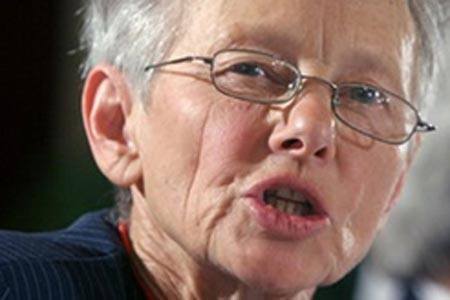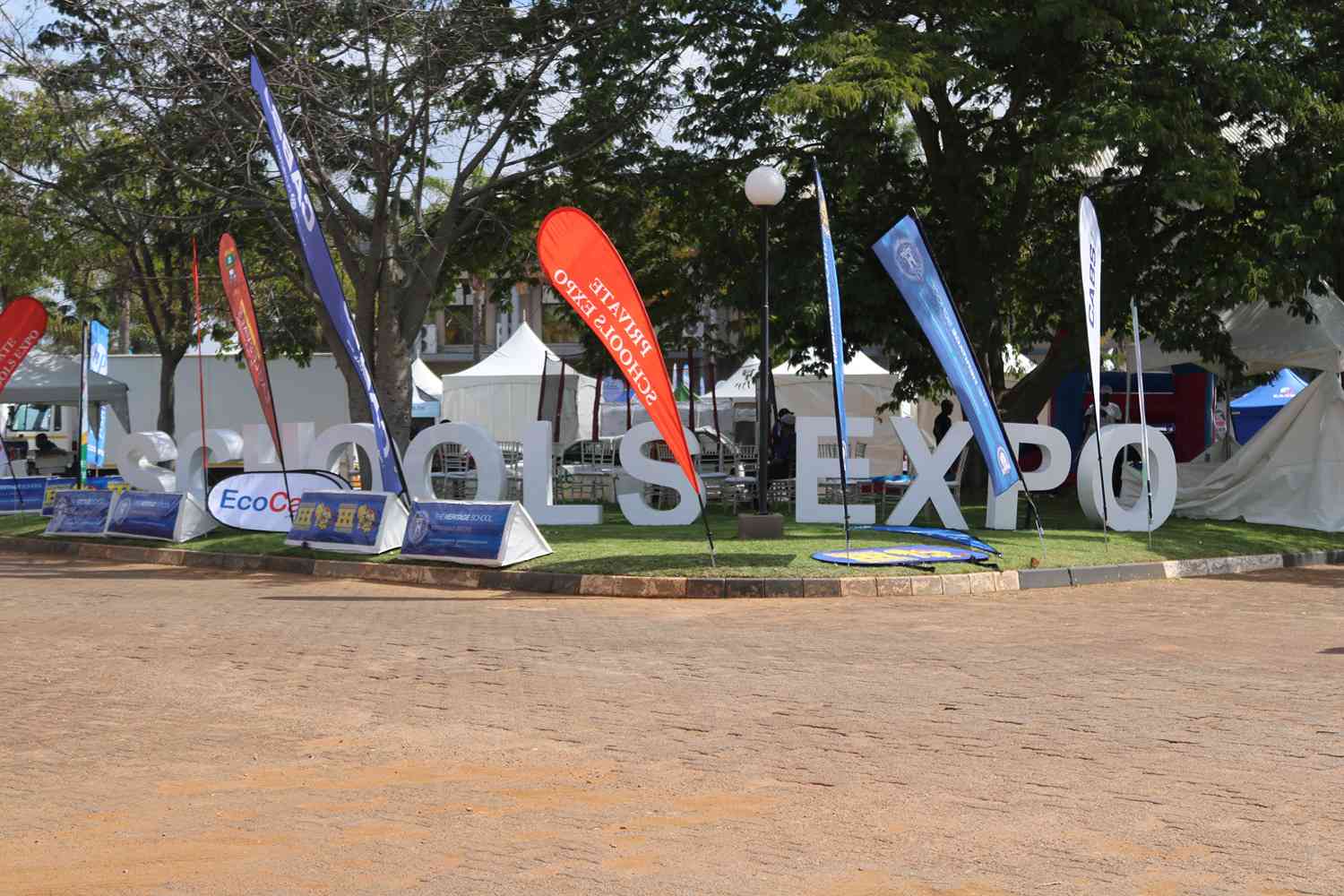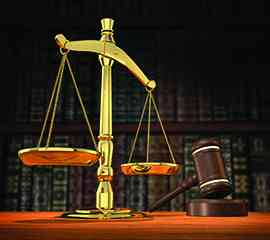
This New Year has been so unusually quiet, here in Dakar, hub of Francophone West Africa, that I began speculating on the reason — and suddenly it all became clear.
REPORT BY TRUDY STEVENSON
This year in Senegal, New Year’s Day coincides with the religious holiday, Magal de Touba – so more than half the population of Dakar is either in Touba or with their family commemorating this holy day.
This is the day the Mouride brotherhood commemorate the departure from Senegal of Cheikh Ahmadou Bamba into forced exile in Gabon, where he remained a prisoner for eight years, during which time he had visions and wrote advice for those who wished to emulate him.
He was banished by the French colonial regime because of his powerful resistance, as instructed by Allah, to their authority.
On his return to Senegal, having survived his ordeal, thanks to Allah, Cheikh Ahmadou Bamba founded a Muslim brotherhood, the Mouride Brotherhood, whose headquarters are in Touba, about 200km from Dakar.
The city of Touba has become the third largest city in Senegal, with a magnificent mosque and the mausoleum of the founder. His teachings are treated with almost the same reverence as the Holy Koran, among his followers.
Zimbabweans will generally not be well-acquainted with the intricacies of Islam, the different sects such as Sunni, Shia and Salafi, let alone the brotherhoods of a relatively small country such as Senegal, with a population the same as Zimbabwe’s — around 12 million.
- Thixton brothers chase 2023 Dakar Rally dream
- Autoworld Zimbabwe supports conservation through sport
- Dakar Rally riders to take part in Victoria Falls Enduro
- Out & about: CKay’s purple patch continues
Keep Reading
Yet these different groups interpret and practise their religion in as many different ways as do the different Christian denominations, such as Catholic, Protestant, Vapostori, Charismatic, Baptist, Scottish Presbyterian, Jehovah’s Witness, Mormon, Amish and Seventh Day Adventist.
In Senegal, 96% of the population is Muslim, and yet the country is very tolerant and easy-going, compared to most Muslim countries.
Fundamentalism has no place here, one major reason being that the fundamentalist approach to Islam is diluted through the brotherhoods, to one of which nearly all Senegalese belong.
These brotherhoods are the equivalent of the Christian denominations, in a way — as people’s families became followers of a particular religious leader, generally the one in their area who stood in resistance to the colonial regime.
These allegiances have continued and strengthened over the years, long after Senegal gained its independence over 50 years ago.
The style of the various brotherhoods obviously differs, as well as its geographical location. Many Dakarois are Layen, of the Layen brotherhood, whose headquarters is near the international airport in Yoff and one of whose holy places, a fresh water spring right next to the sea, is in Almadies — Al Mahdi.
One of their main mosques is the beautiful and magnificently positioned Mosquée de la Divinité, on the bay below the new African Renaissance Monument.
It was the Layens who most vigorously opposed the construction of that monument, as being against the teachings of Islam, to the extent that former President Wade had to offer sacrifices and make considerable donations to their brotherhood to obtain their permission to proceed.
The Mouride brotherhood, on the other hand, follows closely the teachings of Cheikh Amadou Bamba, who taught that it is good to get into business and amass wealth, in order to be in a position to influence others to do good and follow your teachings.
Thus the Mourides have both as a brotherhood and as individuals often acquired massive wealth, and those overseas send money back home to Touba.
There are Touba garages (often with mosque attached), Touba Oil, Touba Construction, Touba Furniture, Touba this and Touba that, all linked to the Mourides.
This brotherhood is therefore not only fabulously wealthy, but also extremely influential politically.
A word from the Khalif (leader — currently a grandson of the founder) can make or break a politician’s career.
During former President Abdoulaye Wade’s time, in particular, the president used his membership of the Mouride brotherhood to promote his cause and ensure his election.
This worked until the last election, 2012, when the previous Khalif had died and the new one was less pliable.
Indeed, the new Khalif, Serigne Cheikh Sidy Moctar Mbacké, refused to endorse any candidate for the presidential election, despite numerous delegations going to make a special plea, and many attributed that as a major reason for Wade’s defeat.
So while the nightclubs still throbbed and fireworks lit up the sky to some extent, this year’s celebrations in Dakar were noticeably subdued.
- Trudy Stevenson is the Zimbabwe Ambassador to Senegal











